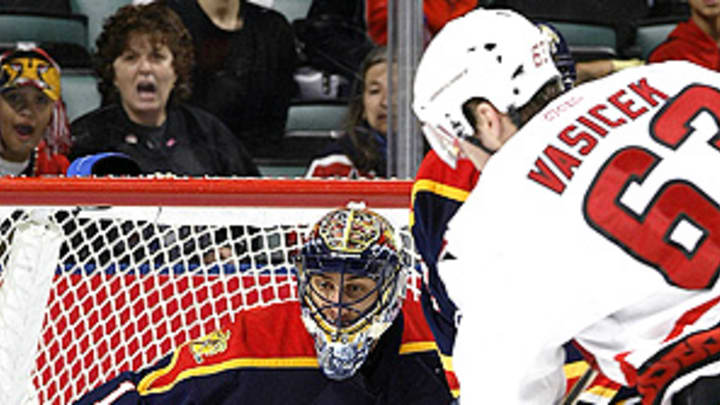Americans don't like ties in sports


Politicians love to boast about American exceptionalism: how special we are from all the merely ordinary, everyday, run-of-the-mill countries around the globe. However, I would say that what sets us apart, more all the time, is that we Americans don't like ties.
I don't mean four-in-hands or bow ties, but the ties in games, the ones that somebody once said are "like kissing your sister." Boy, do I agree -- and I never even had a sister. Nothing about me is more American than that I don't like ties.
Lots of times, in other English-speaking countries, a tie is called a draw. Well, in these United States, when we say "draw," we don't mean a namby-pamby even-steven -- we mean John Wayne a-reachin' for his six-shooter. Now that's the American way to draw, a-standin' our ground.
OK, we used to countenance tie games. Look back through the records, and you'll see that in the olden days, all football teams played lots of ties. For the best teams, the expression even went, "unbeaten and untied."
Nobody says that anymore. You're either beat, or doing the beating -- no Mr. In-Between. College football changed the rules in 1996, so two teams keep playing until somebody wins. The NFL is still a little wimpy. There have been two NFL ties in the 21st century -- two too many, in the minds of good red-blooded Americans like me.
Ice hockey was tie city. I blame that on the Canadians, who are so nice. But now, in hockey, we got shootouts. That's the all-American way. There hasn't been a tie in the NHL since April 4, 2004. And there never will be another.
The worst thing that happened to baseball since steroids was when they ran out of pitchers at the 2002 All-Star Game, and it was called a draw. A date that will live in stupidity. Do you know they have ties in Japanese baseball? That just flat-out takes the "national" out of "pastime."
But of course, the rest of the world loves soccer. And it is reliably calculated that 30 percent of all soccer games end tied, drawed, deadlocked, nil-nil. How does the rest of the unexceptional world tolerate this? It's exactly this kind of thinking, I believe, which is why they can't fix the bloody euro. The dollar is a winner. The euro is a tie. Get off the dime, Europe, and play to win.
In this country, the teams in Major League Soccer play a 34-game schedule. They averaged 11 ties a team. Chicago had 16 ties out of 34! Couldn't they at least get rid of ties in American soccer?
A tie has no place in sports. It's like not finding out who is the "who" in whodunit.
